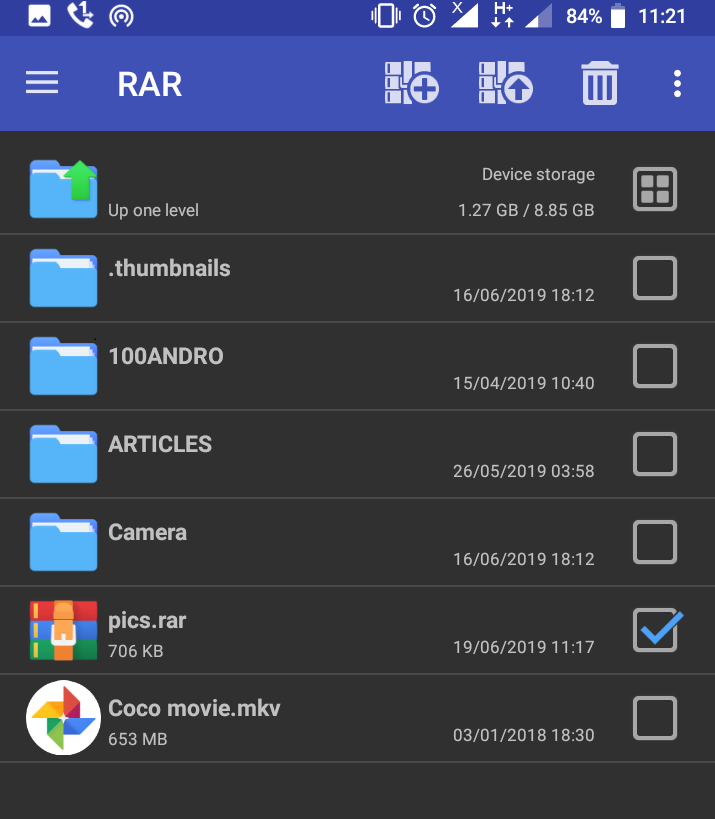
- #TGZ FILE EXTRACTOR ONLINE ZIP FILE#
- #TGZ FILE EXTRACTOR ONLINE ARCHIVE#
- #TGZ FILE EXTRACTOR ONLINE RAR#
- #TGZ FILE EXTRACTOR ONLINE ZIP#
- #TGZ FILE EXTRACTOR ONLINE MAC#
#TGZ FILE EXTRACTOR ONLINE ZIP#
Although the ZIP format allows for up to 10 different types of compression to be chosen, the DEFLATE method is the most common. This has the advantage of potentially using different appropriate compression techniques for each file within the archive, however under normal circumstances it limits the potential compression capability.
#TGZ FILE EXTRACTOR ONLINE ZIP FILE#
zip file do so by compressing each file individually. The compression techniques used to create a. Despite being 20 years old, the ZIP format looks set to continue to thrive whilst bandwidth and storage remain relatively costly. The ZIP format supports compression via several different techniques and even supports simply archiving of files without compression. It is also supported by Apple's OSX operating system. First released in 1989, the format is still widely used and is built into Microsoft Windows releases since 1998. zip file extension is the most well known file type related to compressed and archived files. TAR files consist of a file header and file data rounded up to a multiple of 512 bytes. The new additional suffix is dependent on the type of compression used. If compression is applied then this changes the file extension from.tar to. A number of compression applications exist which can then be used to compress the entire TAR file, such as gzip. The freeware supports most popular formats including xz/txz/tar.xz.
#TGZ FILE EXTRACTOR ONLINE MAC#
B1 Archiver works on all platforms - Windows, Linux, Mac and Android.
#TGZ FILE EXTRACTOR ONLINE ARCHIVE#
B1 Free Archiver is a free software for creating archive folder and extracting archive file. TAR, despite still being quite popular, particularly in the Linux platform, does have some shortcomings, which have been addressed through new versions of the format.Ī TAR file is a collection of files into one file. B1 Free Archiver opens/extracts xz/txz/tar.xz file on Mac. TAR is also the name of an application that handles TAR files. Subsequently it has been used for file archiving purposes and to collect multiple files into one file for storage or distribution. tar.gz files I downloaded wouldn't work because they didn't actually use gzip compression despite the filename.The TAR file format was initially developed within a Unix environment with a purpose to support tape backup procedures. Note that because it's primarily designed as a preprocessor for less, it won't output anything if it doesn't recognise the file type. For files matching the tar.gz extension, we can see that it uses tar tzvf under the hood along with the -force-local option to disable an obscure feature of tar that would otherwise confuse colons in the filename with a command to use a remote tape drive: *.tar.gz|*.tgz|*.tar.z|*.tar.dz) If feeling adventurous, take a peak at vi /usr/bin/lesspipe to see what commands it uses. It is called by the less command ( see Oli's answer) as an input preprocessor if the $LESSOPEN environment variable is set appropriately. rw-rw-r- ubuntu/ubuntu 7 05:32 example/ubuntu.txt rw-rw-r- ubuntu/ubuntu 7 05:32 example/ask.txt $ lesspipe ĭrwxrwxr-x ubuntu/ubuntu 0 05:32 example/ Lesspipe is a shell script installed by default as part of the less package that can list the contents of a tar.gz archive, as well as a range of other common archive file formats. You can then list the contents of any archive: $ list_archive.sh foo.rar foo.tbz foo.zipĠ 8 0% 30-03-15 19:29 -rw-r-r- 00000000 m3b 2.9Ġ 0 0% 30-03-15 19:29 drwxr-xr-x 00000000 m0 2.0Īnd since someone mentioned that lesser editor, naturally, emacs can also do this: Save that script in your PATH and make it executable. Type zip >/dev/null 2>&1 & zip -sf "$file"||Įcho "Unknown extension: '$ext', skipping."
#TGZ FILE EXTRACTOR ONLINE RAR#
Type rar >/dev/null 2>&1 & rar v "$file"|| Type tar >/dev/null 2>&1 & tar tf "$file"||

# have extensions like tar.bz2 or tar.gz etc. With all this in mind, you could write a little script that uses the appropriate command depending on the extension of the file you give to it: #!/usr/bin/env bashįor file in "\n-\nArchive '%s'\n-\n" "$file" That's most of the more popular archive formats.

RAR 4.20 Copyright (c) 1993-2012 Alexander Roshal P7zip Version 9.20 (locale=en_US.utf8,Utf16=on,HugeFiles=on,4 CPUs) Tar/ tar.gz/ tgz/ tar.xz/ tar.bz2/ tbz files $ tar tf foo.tgzħ-Zip 9.20 Copyright (c) 1999-2010 Igor Pavlov Most (de)compression programs have a flag that lists an archive's contents.


 0 kommentar(er)
0 kommentar(er)
